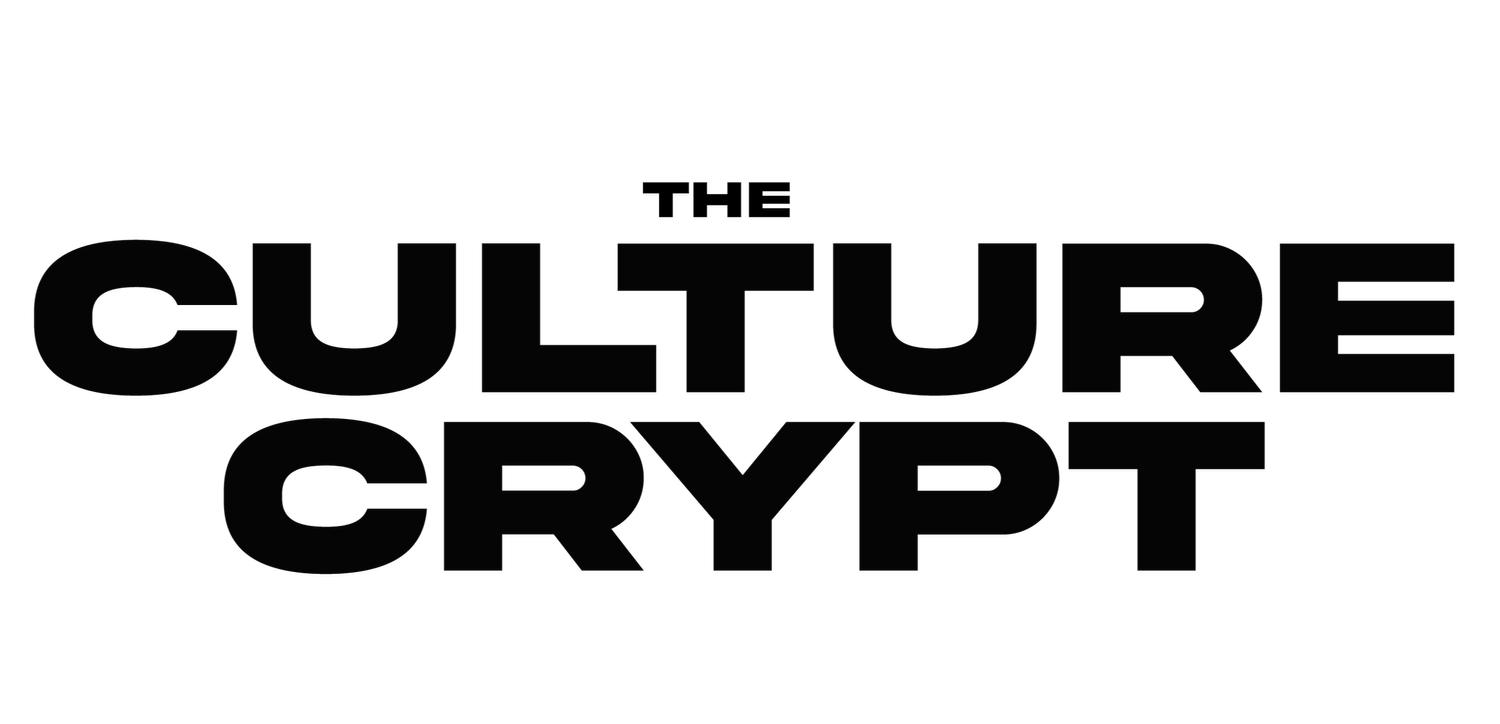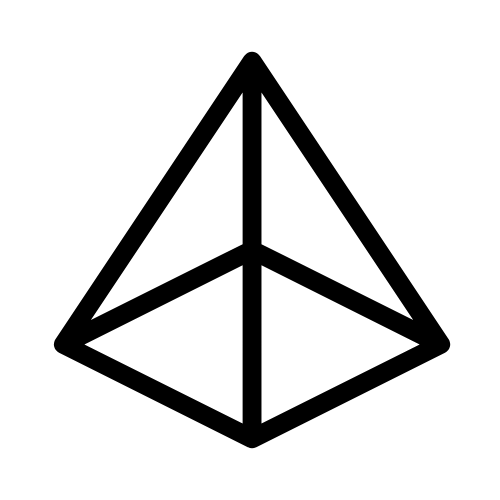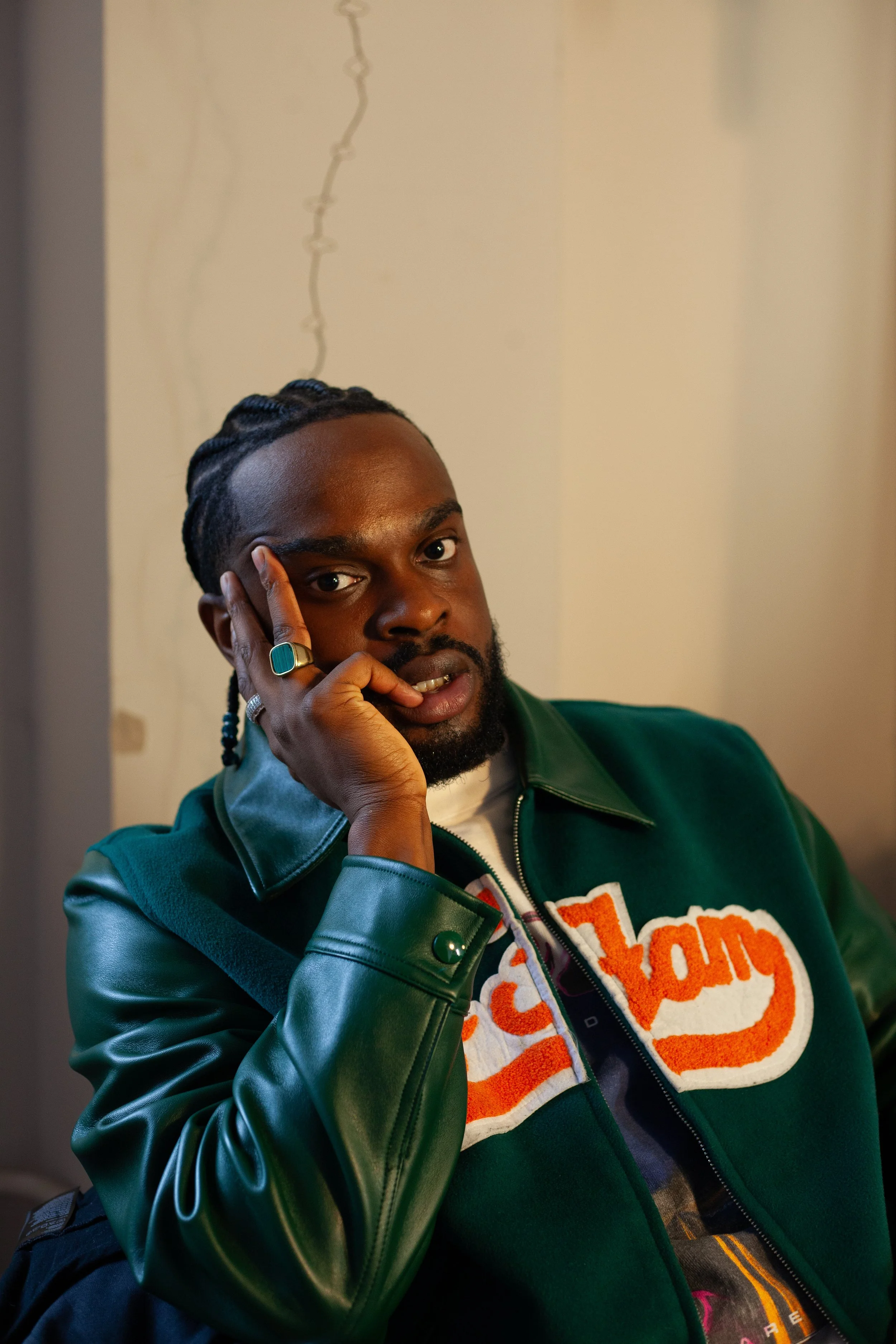Kwoli Black: "I Had Something to Say and I Needed to Say It"
With a new EP out in the world, Hackney-born rapper Kwoli Black digs deep about therapy, masculinity, his eclectic collaborations and sights for the future.
The discussion of Black men and masculinity wasn't always treated with sensitivity. One-dimensional archetypes—often never straying from the formula of Stoic, Tough and Cool—left no room for nuance. In We Real Cool, bell hooks' treatise on Black male repression in America, she notes that the state of being 'cool', more often than not, refers to the Black man's ability to withstand trials and tribulations. So, what's cooler than being cool?
Kwoli Black's answer? Radical vulnerability. In his candid but cutting EP, Can I Speak? Black swings the pendulum to softness, then swagger and right back. Take Tyler the Creator's neck-breaking rebrand in 'Flower Boy' or Ryan Calais Cameron's 2021 stirring play For Black Boys…, which echo that sensitivity is critical to an all-embracing portrayal of masculinity in Black men. With a lot to get off his chest, this EP is back-to-back studio sessions, turned therapy sessions, turned immaculate body of work.
Complete with hauntingly beautiful moments in "Son Down" featuring BINA and 'feeling myself' earworms like "PRETTY" featuring Karl Benjamin, let this be your introduction. He joins me on Zoom, we get deep and even 'Love is Blind' gets a worthy aside. But more than anything, I let him speak.
For the Can I Speak EP, what did you want to make sure to say?
"Sonically, I wanted it to sound like a movie score, like you've pressed play on a movie and entered a different world—one you're not typically used to. If this was a drama, this would be an off-key A24 drama. I wanted to ensure I was speaking from a place of honesty. It's titled Can I Speak? because I had something to say, and I needed to say it. And I'm glad it came out the way it did. But Can I Speak? is a lot bigger than the six tracks. It might not be part of the project, but to me, "Wake Up" with Lex Amor is an extension of the EP. That's another thing I needed to get out."
I saw you live last year, and you had this infectious stage presence and energy. What's your approach to live music, and how do you use that opportunity?
"I see live music as an opportunity to present the best of Kwoli Black. It's the best way to connect with me and hear my music, so I've always seen live music as the most pivotal part of being an artist. It's all good to listen to a song on streaming, but live is where you can translate the song's energy. It's important to connect with people and get the message across in the essence that it's required to be received. That's why I take live shows incredibly seriously. It's also the most fun I have because, on stage, I feel alive."
For your single "PRETTY", what was it like working with Karl Benjamin? How did that come about?
"Really easy. We became friends through his girlfriend, who I met at Rachel Chinouriri's birthday party. His girlfriend told me who her boyfriend was, and I was like, 'I know that name' because I've probably seen him on a billboard somewhere since he's a model and a great artist. I remember telling him I've got a song that I think your voice would fit, and I sent him the hook, and he sent me a voicemail back. So I said, 'yeah, let's get in the studio'. It felt organic to the point where I thought I could easily make a few songs with this guy. So, I don't see "PRETTY" as the last collaboration."
The "Can I Speak?" video features you on a retro variety show as a musical guest with an overly familiar host. Have you directly experienced this?
"The music video is actually a satirical take on how therapy feels. The pervasiveness, awkwardness, and discomfort that come from having to address what you're feeling and the trauma you're facing—the video is all of that and more. The "Can I Speak?" visuals show what healing is about discomfort (the talk show), catharsis (the spotlight scene), and the eventual joy to come (the 1970s disco scene).
I had always felt that therapy was intrusive and uncomfortable. It forced me to address things that I didn't want to address or that I felt like they had no business bringing up. But what came of it was an expulsion of thought and emotion that needed to be released. As uncomfortable as it is to address your inner feelings and whatever you may be going through, it's necessary. That's where the idea came from."
If you had a talk show, who would be your musical guest?
"The first guest would be Tyler the Creator. That performance and conversation would be really good. It would've been Mac Miller—rest in peace—but, unfortunately, that can't happen anymore. After that, all the people I look up to and who have inspired me in a way are Kendrick Lamar, Kojey Radical, Little Simz, and J. Cole. Everyone who's added to the creative tapestry that makes me, me are faces I'd love to spotlight on my show. I'd keep going down that line until the show gets cancelled."
There's a monologue in the beginning about Black men needing to feign strength to cope. What's the best advice you've been given or can give?
"Vulnerability is a superpower. I've said this for so long because I sincerely believe that as Black men, we have a responsibility to each other to show that there's strength in being able to not only voice how you feel but feel how you feel. I recently went to see the play For Black Boys Who Have Considered Suicide When The Hue Gets Too Heavy. I cried like a baby because I experienced every single thought and feeling throughout the entire play, and there was a line that said: 'Black boys give more love than they receive', and that felt so incredibly relevant to my life and to the lives of a lot of my friends."
What's it like working with your best friend, JSTRNGS? Do you know what to expect, or was this time different?
"It's great. That's my right hand. I've grown a lot artistically because I'm so comfortable with him.
We've been working on two projects for the past two years, including the one out and another on the way. But when we're not working on anything related, we're just trying to discover something. So we'll start with the bones, then we'll add the meat, then the skin and the organs. Then, eventually, we will have something worthy to present. And it's just so fun. I do everything I can to become the UK's best artist. Not only that, but I also have crazy production goals."
"Son Down" is a touching moment in the EP about your relationship with your father. Was that cathartic at all?
"The emotional release from that song mainly came from the production. There's a part at the end with the violins and complete silence in the studio. When I wrote the lyrics, I did so from a place of reflection and acceptance because my relationship with my Dad will never be what I want it to be. But I also wrote them with the awareness that I couldn't repeat his mistakes."
It reminds me of someone on this season's Love is Blind: "Afraid I'll make the same mistakes my father did…"
"You're talking about Clay. Yeah... he needs therapy. That's the bottom line. Because he's making his dad's mistakes and his own mistakes—he needs therapy."
How did the collab with BINA come about? What did you think was essential to add to that personal experience?
"Big Beenz! That's my nickname for her. BINA is a beautiful soul. Outside of music, that woman is the embodiment of light. It is so refreshing to hear someone speak from such a grounded place in terms of everything. So, when we first did the studio session, it was so organic. We didn't make any music. She showed me what she was coming up with in the new year. I showed her some ideas, too.
But when I started to write "Son Down", all I heard was BINA on the hook. And when she came into the session again, she locked in. She went quiet, started writing the hook, and then she laid it down, and it was perfect. I couldn't imagine anything else on that track except her voice and lyrics. I loved what she did."
With "B L O W", is the pressure of wanting to blow or break the mainstream stifling at all?
"Some days, I think, 'I've got to make it,' but other days, I think, 'I don't know what I need to do to crack the music'. It's so easy to say, 'don't look at others,' but you see your peers with crazy monthly listeners. It's confusing when everyone tells you how talented and sick your music is, but the numbers must reflect it."
What was the highlight of making this EP?
"I enjoyed working with Kojey and having his guidance and mentorship. He didn't have to do that, and it wasn't explicitly asked of him, but it was freely given. That's something I'll eternally be grateful for. It's not the last time either, because he's also contributed to the next project, which again wasn't asked of him.
Learning what it means to make a good song from him directly was really beneficial because I don’t know how these songs would’ve sounded without my experiences with him and my exposure to that level of songwriting. I don’t know how this whole project would’ve sounded.”
What will the next project look like?
"It will look like a lot of angry women in my DMs. A lot of people are going to hate that they like it. But it’s vulnerability done differently."
Stream Can I Speak? below:


